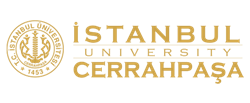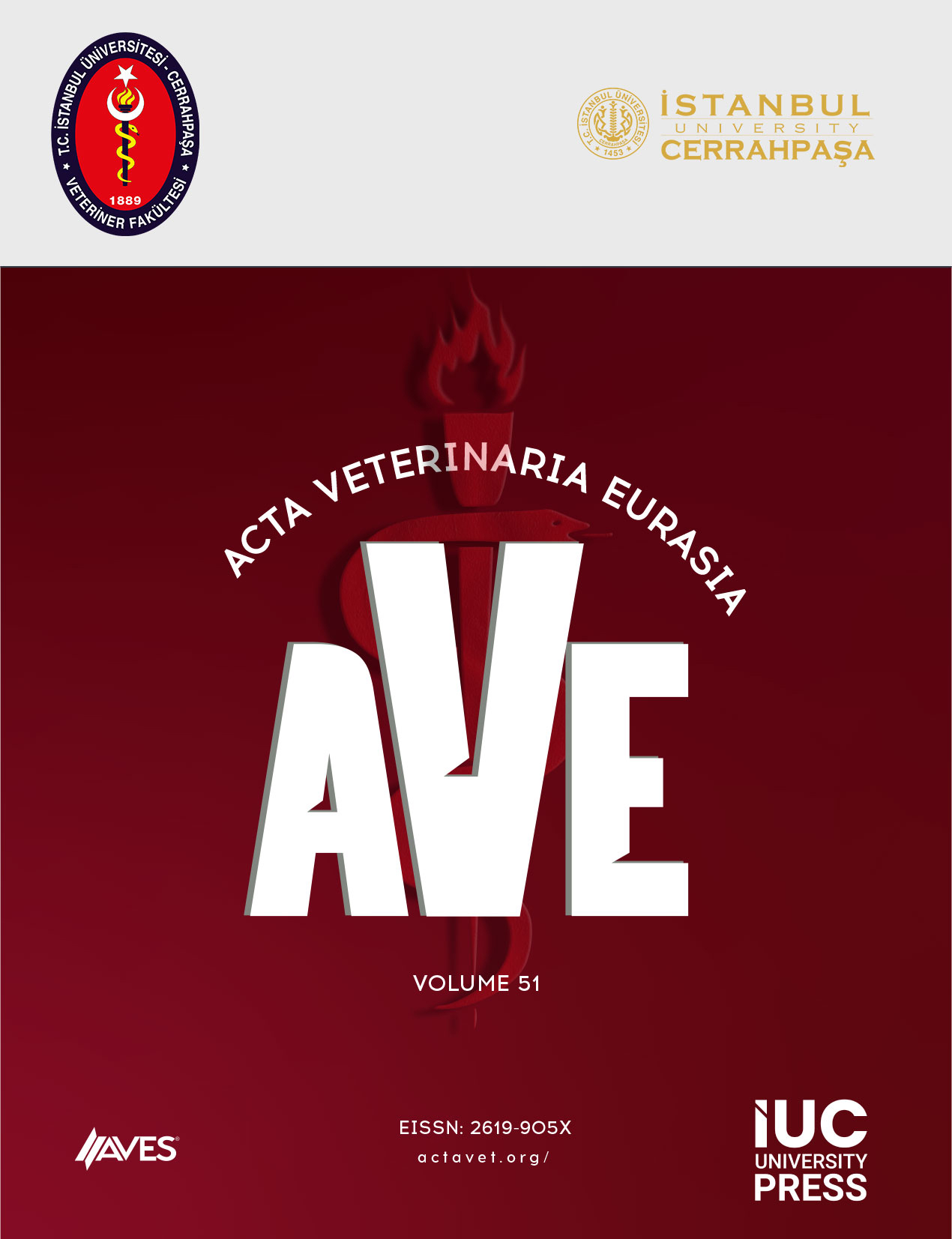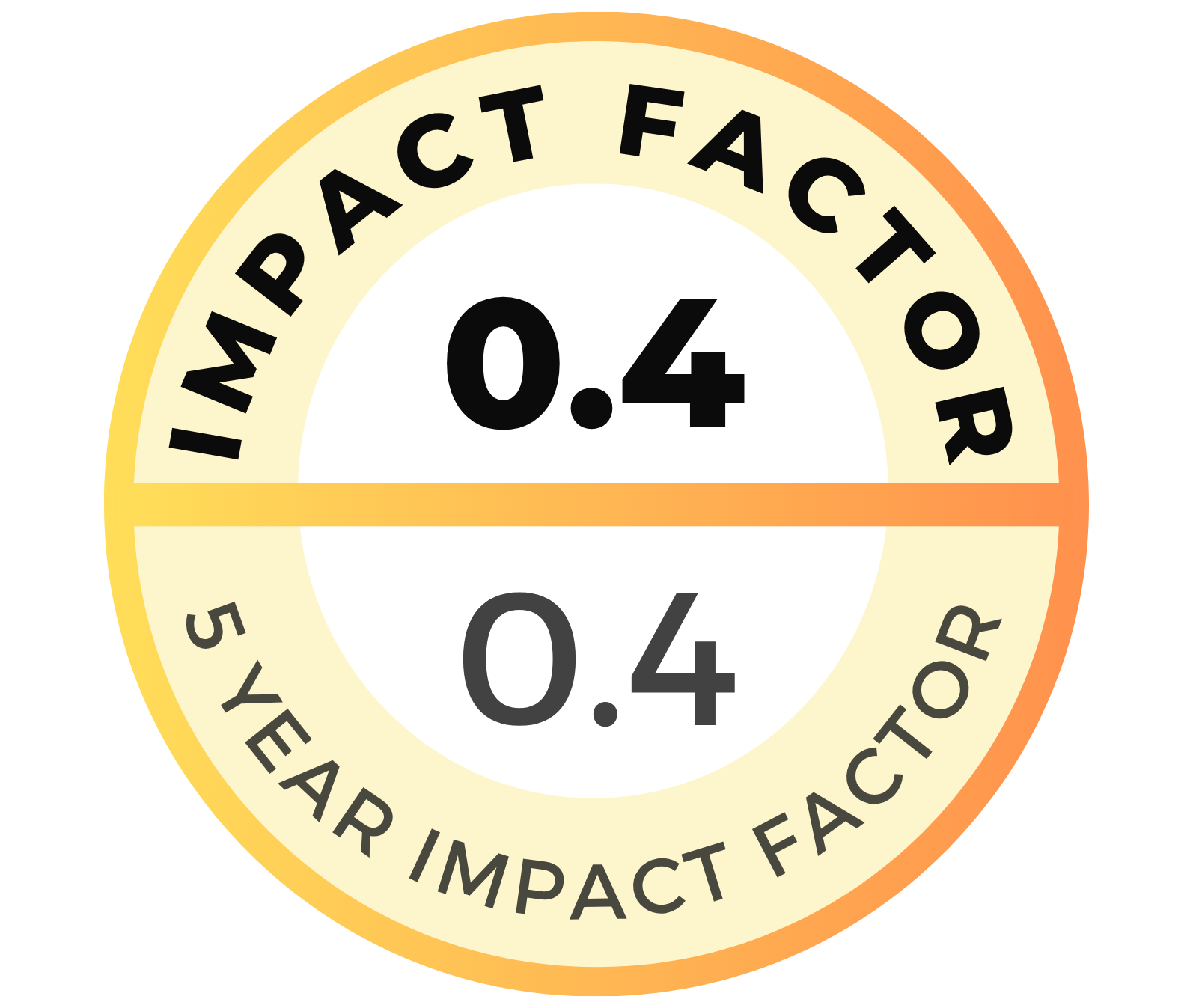The frequency of resistance genes in clinical and environmental isolates increases the need for molecular knowledge about the antibiotics used in the prevention and treatment of infectious diseases. Hence, in present study, 100 water biofilm samples were collected from poultry water systems from 20 randomly chosen broiler farms in Isfahan province, Iran. Escherichia coli strains were identified by conventional microbiological and biochemical characterization. All E. coli strains were evaluated for sensitivity to commercially important antibiotics by the disc diffusion method. Furthermore, the tetracycline (TC) resistance genes tetA, tetB, tetC, tetD, tetE, tetG, tetK, tetL, tetM, tetO, tetS were investigated using three multiplex polymerase chain reactions (PCR). The microbiological results showed that 20 samples (20%) yielded E. coli. Fourteen isolates (70%) were resistant to TC. The results of PCR revealed that 12 TC-resistant E. coli strains (85.71%) harbored the examined tet genes (four, seven and one TC-resistant E. coli isolates harbored tetA, tetB, and tetA plus tetB genes, respectively). All the E. coli strains that harbored tet genes were resistant to TC. Although these strains did not derive from clinical samples, the prevalence of tet genes among E. coli strains in water biofilm suggests the possible transmission of resistance genes from water to the environment, animals, and humans, and can play role in spreading tet genes. Therefore, the sanitation of water in poultry farms can decrease the bacterial infections and antibiotic resistance in poultry and humans.
Cite this article as: Gholami Ahangaran, M., Zinsaz, P., Pourmahdi, O., Ahmadi-Dastgerdi, A., Ostadpour, M., & Soltani, M. (2021). Tetracycline resistance genes in Escherichia coli strains isolated from biofilm of drinking water system in poultry farms. Acta Veterinaria Eurasia, 48(1), 64-68.





.png)